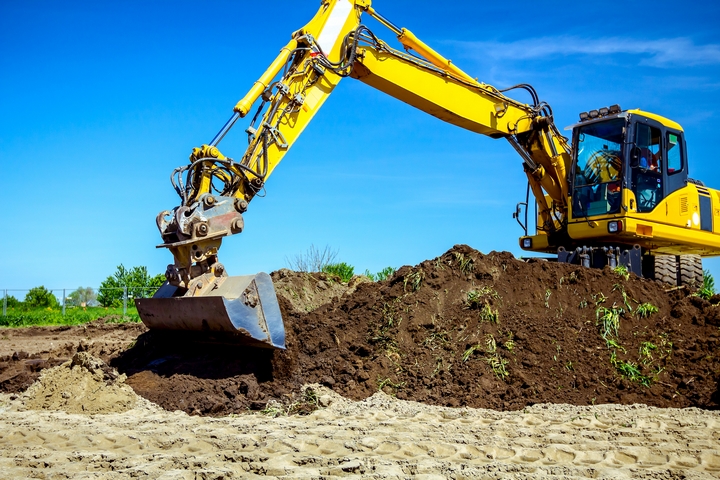Within the fast-paced world of building, gaining access to the right equipment can make or break a project. Regardless of whether you're a seasoned contractor or a new builder, the decision to lease construction equipment instead of purchasing it in full can be a calculating move that saves both time and capital. Nonetheless, managing the landscape of construction equipment rentals requires careful thought and a clear grasp of what to look for in a leasing partner.
From understanding lease conditions to evaluating customer support, this manual will guide you through the essential aspects of construction equipment leasing. You’ll gain insight into how to steer clear of common mistakes and recognize the best qualities of a trustworthy lease company. By the conclusion, you’ll have the insight needed to make informed choices that align with your project goals and ensure a smooth construction process.
Key Considerations for Choosing an Equipment Lease Company
When choosing an equipment lease company, a major factor to think about is the company's reputation among peers. Looking into user testimonials and testimonials can give you an idea of their dependability and the standard of their services. A company with a proven performance is more likely to provide better service and keep their equipment in good condition. Moreover, request referrals from peers or check industry forums to assess their standing among clients.
Another crucial aspect is the openness of lease terms. Make sure the lease company defines all costs, including potential hidden fees, so you can avoid any unexpected financial surprises. Grasping the full scope of the lease, including maintenance clauses, warranty options, and what is covered in the agreement, will enable you make an informed decision. A transparent company will create trust and offer all necessary information from the beginning.
In conclusion, consider the flexibility of the lease agreements available. Construction projects can be uncertain, and having a lease company that can adapt to changes in your project scope or timeline is essential. Look for companies that offer tailored lease options designed for your particular needs. A adaptable lease partner will not only assist your current project but also adapt with your construction needs, making the partnership more beneficial in the future.
Grasping Rental Terms and Conditions

When entering into a lease for building equipment, it is vital to carefully review and comprehend the agreements outlined in the agreement. This includes the duration of the lease, payment terms, and any penalties that may be incurred for premature ending or late payments. Understanding these aspects will help you steer clear of surprise expenses and guarantee that you remain compliant with the lease's requirements throughout its term.
A critical component of lease terms is the repair clause, which defines the responsibilities of both the leasing company and the lessee regarding equipment upkeep. Understanding who is in charge of repairs, routine upkeep, and check-ups is vital to maintaining the equipment in good working condition. Clarity in this area helps prevent disputes later on and ensures that both parties understand their obligations.
Finally, pay careful attention to the insurance requirements as stated in the lease. Equipment leases often require that the lessee must obtain insurance to cover potential loss or theft. Understanding the types of insurance needed and how they apply can safeguard your business from costly claims. Ensuring that https://vikingequipmentfinance.jimdoweb.com/ comply with these requirements can significantly influence the success of the project success and your overall leasing experience.
Exploring Typical Mistakes in Machinery Rental
One of the most frequent mistakes contractors commit when leasing equipment is failing to thoroughly read the lease agreement. Numerous lease documents are lengthy and filled with legal jargon, which can lead to confusions. It is important to take the time to understand every clause, especially those related to maintenance responsibilities, fees, and cancellation conditions. Not paying attention to these details can result in unexpected costs or complications during the rental period.
Another frequent pitfall is overlooking to assess the credibility of the leasing company. A contractor may be drawn in by affordable prices or flashy marketing but overlook the importance of reliability and customer support. Before signing a contract, it’s critical to research potential leasing partners. Checking reviews, verifying references, and inquiring other contractors about their feedback can help avoid partnering with a company that doesn’t meet standards or provide adequate service.
Finally, many contractors misjudge the value of flexibility in leasing agreements. Construction projects can change rapidly, and having equipment that can adapt to new deadlines or scopes of work is essential. Failing to address potential changes in needs or project delays with the leasing company can lead to issues down the line. Choose a leasing partner that comprehends your project’s evolving nature and can offer alternatives that are adaptable to your unique requirements.
